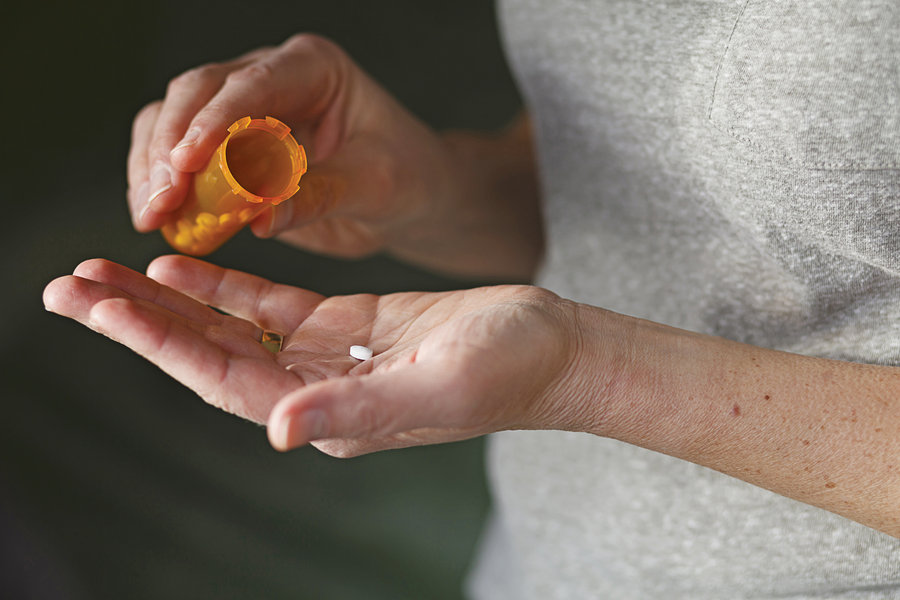The Centers for Disease Control and Prevention reported a 200 percent increase between 2000 and 2014 in overdose deaths involving pain relievers and heroin. In New Jersey, 1,253 drug and opiate overdose related deaths were reported by the CDC in 2014.
Many people become addicted to opiates after being prescribed painkillers for surgery, and in other cases, kids can get them from their family’s medicine cabinets.
“They get pills from their family, bring them to a party and put every pill on the table,” said Don Hebert, the project coordinator for CARES, the Center for Addiction Recovery Education and Success in New Jersey.
The problem has become so widespread in recent years that CARES is running local training sessions so that regular citizens can learn to administer Narcan, an easy to use nasal spray antidote (Naloxone) for overdosing on heroin. The new lifesaver is carried by emergency responders and has saved more than 10,000 lives from 1996 to 2010 according to the CDC.
The training will be available on June 13 and 16 at the Secaucus Public Library at 2 p.m.
“The goal of the training is to teach how to administer the Naloxone kit, and to respond effectively in an overdose situation.” – Don Hebert
____________
Hebert said, “Fentanyl is a big problem, because a lot of heroin in Hudson County and northern New Jersey is cut with fentanyl. It’s classified as an opiate. Its proper use is to help people come off anesthesia. It comes in a patch form, and is very strong and problematic.”
According to Hebert, opiate overdose deaths exceeded automobile accident deaths.
CARES, the Center for Addiction Recovery Education and Success, is based in three locations in New Jersey and runs programs that are free for recovery individuals all throughout the state..
“The goal of the training is to teach how to administer the Naloxone kit, and to respond effectively in an overdose situation,” Hebert said, “Most of the law enforcement and EMTs [emergency medical technicians] are equipped with Narcan and a naloxone kit.”
Hebert said, “We go over the best ways to practice communicating clearly to 9-1-1, administer rescue breathing, and how to administer Narcan. The person should also stay until the EMTs arrive.”
You won’t get in trouble
The Good Samaritan 911 Law, a policy passed in 20 states, encourages people who witness an overdose to call 9-1-1. The law protects the caller and the overdose victim from arrest for drug possession or being under the influence.
“Prior to that, people were left for dead, dropped at curbs, or cabs were called in fear of getting in trouble,” Hebert said.
After the training, “Then we talk to people about addiction, treatment options, and long-term recovery with an addiction specialist,” Hebert said.
He added, “CARES might be hard to access for some people, but we have trained peers that make outbound calls at certain times to let [people] know about programs, or just to listen to someone with an experience. Addiction is a family disease, because it affects every relationship in the life of the addict. We have a resource for family members.”
He said sometimes family members of addicts need help too.
“Sometimes I ask a family member, ‘What are you doing to keep your head on?’ and they won’t know the answer,” he said. “I learned it’s better to help oneself first; that way they’ll be in a better space to help the addict.”
The opiate overdose prevention training will take place at Secaucus Public Library 1379 Paterson Plank Road June 13 and 16 from 2 p.m. to 4 p.m. The training and kits are free to the attendees. There are also two classes coming to the Kearny Health Center on 645 Kearny Ave. July 13 and 20 from 11 a.m. to 1 p.m. Space is limited, and those interested must contact Don Hebert at dhebert@MCPIK.org.
